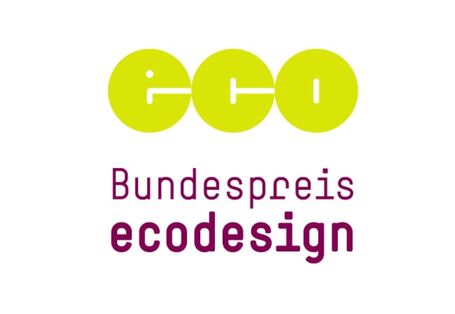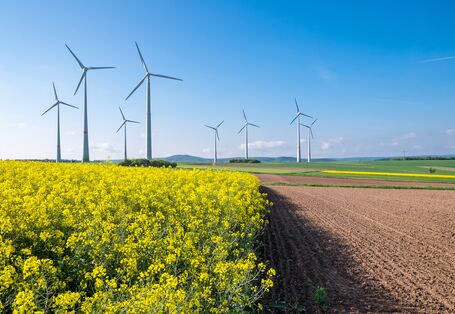Press
Press releases
349–360 of 728
Launch of online portal for climate-friendly refrigeration

Guidance for planners and operators of refrigeration equipment
Stricter environmental standards for raw material supply necessary

Raw material prices must reflect the ecological truth. UBA is calling for more protection of the environment in the mining sector.
Nitrogen dioxide loads in Germany down slightly in 2018

NO2 thresholds still exceeded in many cities, only one case of particulate exceedance, high level of ozone pollution
Slight decline in greenhouse gas emissions in Germany in 2017

German Environment Agency reports final CO2 calculations to EU Commission.
Expert group: New housing creation campaign must become greener

The Commission for Sustainable Building (KNBau) at the Federal Environment Agency (UBA) has issued a plea to the federal government, the Länder governments and local authorities to establish greener standards in the campaign to create new housing.
So very eco: – Submissions for Federal Ecodesign Award 2019 wanted

The German Federal Ecodesign Award 2019 has been announced, and once again, businesses of all sizes and sectors, designers and students can enter their products or services in the contest for the highest national prize for ecodesign. Deadline for submission of entries is 8 April.
Electricity made regionally

Starting 1 January 2019 every household has the opportunity to drive the transformation of the energy system. The new guarantees of regional origin register makes it possible to issue guarantees of origin for electricity produced from renewable sources of energy. End customers will be able to verify that their electricity is produced in their region, for example by the nearby wind turbine.
Disposal of packaging to become greener

Producers subject to mandatory registration must be registered in LUCID packaging registry starting 1 January 2019
Environmental impact of software is now measurable

Software has a significant impact on the resource efficiency of IT hardware and on how long it is used. Programs which execute the same functions can have very different levels of energy consumption depending on how they are programmed. The German Environment Agency (UBA) has developed criteria to assess the environmental impact of software products.
Rodent control involves risks for man and the environment

The use of poisonous bait to control rats and mice can lead to an unintentional poisoning of pets and wild animals. In addition, most of the chemical substances used are very persistent in the environment and accumulate in organisms. A large number of risk mitigation measures must be taken to prevent these occurrences, for example the use of bait stations.
German North and Baltic Seas not in good condition

Many species of fish, bird and mammals and their habitats in the North Sea and Baltic Sea are exposed to heavy pollution, say the latest reports on the condition of both bodies of water which the federal government and the coastal federal states have drawn up to implement the European Marine Strategy Framework Directive (MSFD).
“To-go coffee" with the Blue Angel

The Blue Angel is now available for resource-saving reusable cup systems. The aim is to cut down on disposable cups and promote environmentally friendly reusable cups.